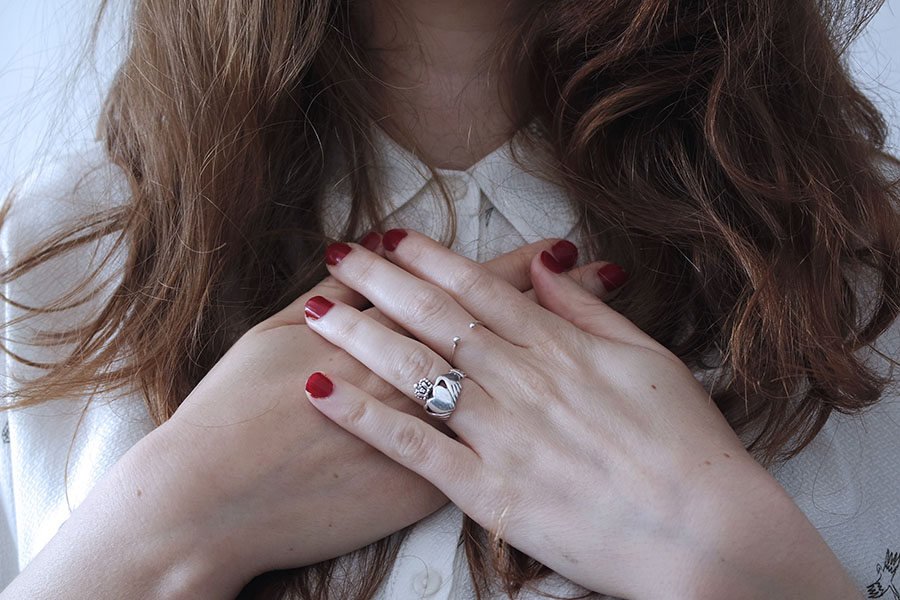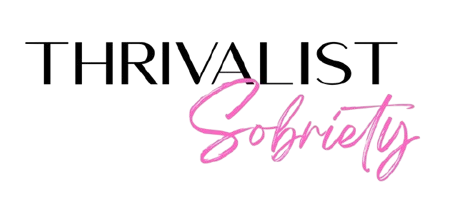
If You Drink Again
My first attempt at getting sober was in September of 2017. I spent eight weeks ‘white knuckling’ (an AA term to describe an alcoholic who just stops drinking without doing the work). I vividly remember the emotional hell hole I was trapped in. My beautiful best friend who always made me feel safe and loved (booze) had been ripped out of my life, and I was left with a gaping hole of grief, which I had nothing to fill with, other than chocolate and tears. I hadn’t prepared for this, I hadn’t asked anyone for support, in fact I didn’t even tell anyone my plans to get sober, I didn’t pick up a single ‘’quit lit’’ or addiction book, I was completely unprepared.
My ignorance and naivety also meant that I had no idea that my willpower was in direct competition with my addictive voice, the evil wine witch ‘Luella’, who had spent the past 15 years weaving her nasty stories and false beliefs into my subconscious mind. I had been deeply brainwashed and was under her spell.
She let me off the hook for a while, gave me a break from her evil storytelling and provided me with false hope, making me believe that I was potentially going to kick the ‘habit’ without having to even type the words ‘am I an alcoholic?’ into my google search engine.
So by week eight, it will come as no surprise that the moment I was around alcohol in a social setting with friends, I relapsed, I drank hard, blacked out, and spiraled faster than ever before back into the arms of Luella, her grip wrapped around my entire life tighter than ever.
The reason I am sharing my relapse story is because this experience taught me the biggest, most important lesson I could ever have learned during my journey to becoming a happy, healthy sober woman. Without doing the required work, reading, researching, connecting, I was not going to be able to get sober.
Between 40 and 60 percent of people in abstinence-based recovery problems relapse. According to Marc Lewis, neuroscientist and author of The Biology of Desire, relapse rates are so high because of something called ‘ego-fatigue’ – when “self control begins to blink and fizzle like a light bulb”. It’s essentially the end of willpower. So looking at my experience, it makes complete sense that I relapsed as my sobriety was being fuelled by willpower alone.
Ruby Warrington, author of my favourite sobriety book ‘Sober Curious’ refers to relapses as reminders. This was certainly the case with my experience. Relapses serve as strong reminders of our Why. And some people, like me, need those reminders before they’re able to become fully and absolutely committed to sobriety.
Some people have a linear path to sobriety. They drink. They stop. They find happiness and peace. They never drink again. But that certainly isn’t everyone’s journey.
Many people find that relapse is a necessary part of the adventure. ‘Necessary’ because relapse always holds invaluable lessons for us if we’re open to learning them. A relapse will help us to identify what went wrong, how the unravelling started, and how to avoid that same outcome in the future.
We want you to know that there is no such thing as failure in sobriety. If you do relapse, all of the work you’ve done and all the sober time you’ve racked up doesn’t magically get wiped away. It gets added to the work you put in next time.
The only way you can fail at sobriety is if you stop trying. The key is to never quit quitting.
We also want you to know that if you do drink again, radical self-compassion is absolutely the best thing you can do for yourself. If you wake up after breaking your sobriety, take a few long deep belly breaths, put your hand on your heart and say the word ‘forgiven’ to yourself out loud. Be extra gentle with yourself, shower yourself with self-compassion and then do whatever you need to do to ramp up your self-care practices.
See your setback with your drinking not as a failure, but as proof of your courage and proof that you’re trying. A really important reminder.
It is also important to know that drinking again is NOT inevitable. Relapse isn’t a part of everyone’s story, and it absolutely does not have to be part of yours.

Post a comment